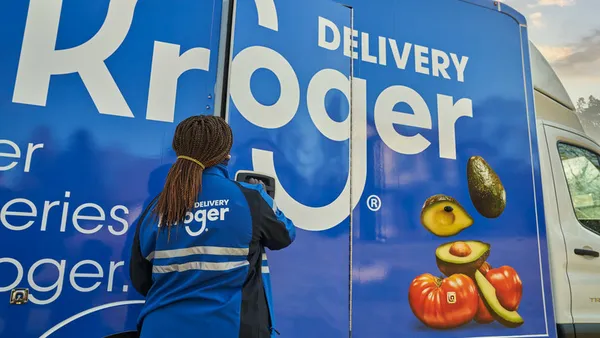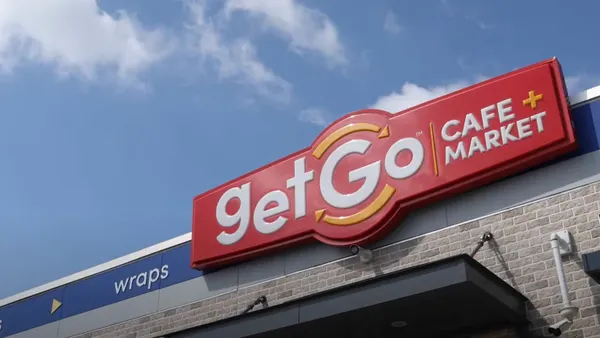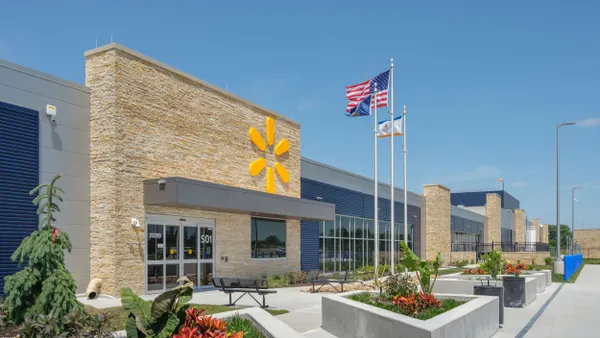Dive Brief:
- UC Berkeley researchers conducted interviews and focus groups with workers who assemble and pack boxes at a fulfillment center in California. The research found that workers made a starting wage of $13.50 an hour, "well below the low-wage threshold in California." The workers reported the wages were not enough to afford the high cost of living in the state.
- Meal kit companies offer front-line workers more benefits than low-wage employers but their healthcare plan was still described as unaffordable and most were covered through California’s Medicaid. Workers were often sent home early despite being scheduled for 40 hour weeks, making it difficult to predict earnings.
- The report found workers described inaccurate recording of hours worked, paid holidays and paid time off. The workers reported difficult working conditions, including a cold work environment that led to illness, ammonia leaks from the refrigeration system, repetitive strain injuries and safety issues such as sexual assault.
Dive Insight:
In addition to the issues highlighted above, meal kit workers reported not receiving the raises they were promised. They also told UC Berkeley researchers they did not plan to work at the California fulfillment center long-term due to low job quality and advancement opportunities.
Unlike most retailers, meal kit companies are fairly new to the scene and don't have the union presence and mainstream visibility that many retailers do. Their low wages and challenging working conditions reflect an industry that's packed with competitors and evolving at breakneck speed. But high turnover and low morale could ultimately impact companies' bottom lines by raising operational expenses and inviting negative media coverage.
This isn't the first time meal kit companies made headlines due to their poor working conditions in fulfillment centers. In 2016, Buzzfeed reported Blue Apron’s Richmond, California fulfillment center had multiple crime and safety incidents including employee violence and OSHA violations. There were also complaints of excessive hours, high employee turnover rates and high stress levels among workers.
Meal kits aren't the only food delivery service to have issues with worker compensation. Instacart has struggled with worker unrest, including a lawsuit and an employee walkout due to wage and tipping disputes. Most recently, the company was sued by some of its workers because it withheld tips by accident due to a software "bug." Since then, Instacart has made changes to its platform to settle consumer woes.
Meanwhile, retailers have been working on increasing wages and benefits in what's become a very tight labor market. Last year, Target announced its goal to reach a $15 minimum by 2020, Walmart increased its to $11 and announced a tuition-assistance program, while Amazon raised its hourly pay to $15 an hour.
Increasing wages and benefits will be a challenge for meal kit makers. Most are not profitable yet, while Blue Apron has a stock price stuck in the basement at $1.45 per share. However, companies may need to take a hard look at their wages and benefits to make sure they're keeping quality high and staying competitive with other food players. As retailers have known for some time, food companies are only as good as their employees.











